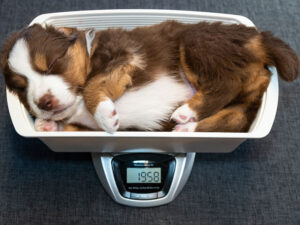
Dog Weight Calculator
Dog Weight Calculator Dog weight calculator best for weight range and recommended daily caloric intake for your dog based on

The Scottish Golden Retrievers, a breed with its roots in the 19th century, is a medium-sized dog with a golden coat and a pleasant, smart personality. They were initially bred for the purpose of hunting, but in modern times, many people keep them as pleasant pets for their families or as diligent service animals. Because of their eagerness to assist their human friends, They work as therapy companions, search and rescue companions, and guide dogs are all highly valued in their respective fields.

21-24 inches

55-75 pounds

10-12 years

Intelligent, Friendly, Gentle, and Affectionate Nature.

They are popular family pets
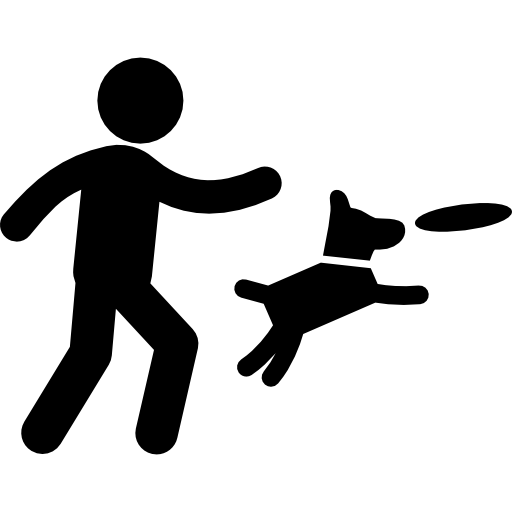
Require a lot of exercise.
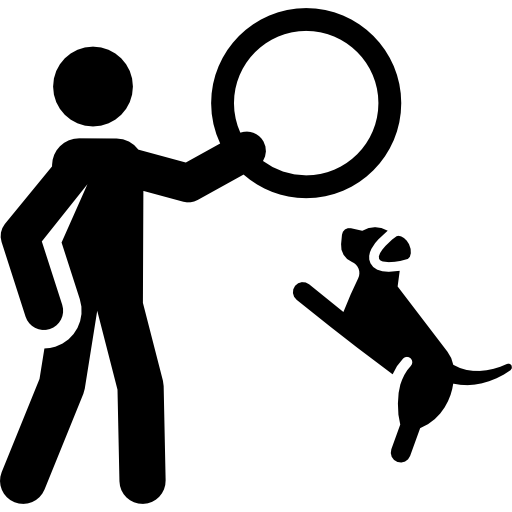
Easy to train

Not excessive barking, may vocalize when excited or detect interesting scents


Thick, Golden coat

Adaptable, Can live in apartments

Requires regular grooming.

Generally healthy but known issues are hip dysplasia, elbow dysplasia, and malignancy.

Specific Nutritional Needs
Golden Retrievers are well-known for possessing a number of adorable qualities that make them popular as pets and companions.
Their Charming Appeal with their shiny golden coats, friendly eyes, and wagging tails, which makes it impossible to resist them. Because of their calm attitude and great loyalty, these dogs make wonderful additions to any home as pets.
Their Great Intellect and eagerness to please contribute to their outstanding trainability, while their natural instinct to retrieve demonstrates their adaptability in a variety of activities.
They are sociable creatures that are capable of building close ties with both humans and other animals. In addition, Their joyful attitude is charming and spreads joy everywhere it goes.

Regular grooming keeps their golden coats healthy and mat-free. They like socializing with humans and other pets and need regular exercise to be healthy.
Basic Training Techniques
Start Early: Because of their high level of intelligence, they are not too difficult to train. It is essential, however, to get a head start on their training as soon as possible, preferably when they are just 8 weeks old.
This will assist puppies in developing healthy routines and behaviors that they may carry with them throughout their whole lives.
Begin with basic directions like as “sit,” “stay,” and “come,” and gradually work your way up to more difficult instructions and stunts.
Rewards: Treats, praise, and play may reinforce excellent behavior and generate positive connections while teaching your dog. Consistency in orders and motivation is essential.
Enjoy training with your dog to encourage cooperation. Be patient; training takes time and practice. Your dog will learn with determination.


Exercise
Playing Games: There are a lot of fun activities that can be done with golden fur companions. They get their natural instinctual satisfaction from playing fetch with balls, frisbees, and other toys, and they enjoy doing so.
Swimming: Many of them like being in the water and swimming, which is a low-impact sport that is easy on the joints.
Hiking & Running: They feel refreshed after going on hikes and taking in the sights and smells of nature. Runners will find that they are excellent partners for jogging, however it is recommended that they gradually build up their physical stamina.
Sports activities: They may get both a physical and mental workout by participating in sports like agility, flyball, or dock diving, which you can enroll them in. Be careful to pay attention to the indications they give you, take pauses when they need it, and avoid exercising close to mealtimes.
Veterinarian check up: Before beginning any new habit, it is essential that you discuss any health concerns with your veterinarian beforehand.
Like other dog breeds, they may acquire a few inherited and common problems, but they are usually healthy. Their health includes frequent vet visits, a good diet, exercise, and preventive measures.
Be aware of These Health Issues
Hip and Elbow Dysplasia: A commonly inherited disorder where hip or elbow joints don’t grow correctly, causing arthritis and pain.
Cancer: They have a greater cancer risk than other breeds. Monitoring unusual lumps and growths is essential.
Heart Issues: Dilated cardiomyopathy and other heart disorders affect your pet.
Eye Conditions: Cataracts and retinal atrophy are common among them.
Allergies: Signs of allergy include itching, redness, and pain. Diet and grooming may reduce it.
Obesity: Balanced diet is important to avoid Obesity.
Ear Infections: Their floppy ears retain moisture, causing ear infections. Ear care and cleaning may avoid this.
Dental Health: Dental hygiene prevents periodontal disease.


Start at an early age so they get comfortable being groomed.
Be very careful while brushing them. Some dogs have sensitive skin.
Use proper equipment for grooming like a slicker brush, and remove stray hairs with a pin brush.
They have a thick double coat that has to be groomed often in order to maintain the greatest possible appearance and feel for the dog.
Regular brushing their coat a few times a week helps prevent mats from forming and minimizes the amount of shedding that occurs, particularly when the seasons change.
Infections may be avoided with routine dental care and ear cleaning, both of which promote healthy teeth and gums.
Taking bath is recommended to provide as-needed basis, which is normally once every few months or when they get soiled.
Grooming helps not only to the preservation of their beauty but also to the enhancement of their general health and level of comfort.
Get help from professional dog groomers if you feel uneasy about cleaning up after your pet yourself.
Well-balanced diet and rich in nutrients to keep up with their busy lifestyle and maintain their general good health.
Use high-quality commercial dog food brands that put a protein-containing source at the top of the ingredient list.
To avoid obesity in Golden Retrievers, proper portion management is essential, since these dogs tend to put on weight easily.
Veterinarian recommendations: Your dog’s age, weight, and activity level should all be considered by your veterinarian when determining the quantity of food that should be given to your pet. It is important to have consistent access to clean water.
Foods Check: You should steer clear of giving them any potentially dangerous human foods, and you should also take into account any particular nutritional needs or allergies that your dog may have.
Their Needs in Nutrition: High-quality protein, Fats, Carbohydrates, Fiber, Vitamins and minerals are required.

The history of Golden Retrievers originally bred in Scotland in the 19th century. They were created to be hunting dogs. The Yellow Retriever, which is now an extinct breed, was crossed with the Tweed Water Spaniel, and afterwards, bloodlines of the Bloodhound and Irish Setter were added to the mix. This resulted in the development of these dogs. The breed was developed further in order to produce a dog that is capable of retrieving game from both land and water environments.
It is believed that Sir Dudley Marjoribanks, who would eventually become known as Lord Tweedmouth, was the one who originated the breed. He set out to breed a dog specifically bred for retrieving ducks.Also his goal was to breed a dog that was not only an excellent hunting partner but also had a calm demeanor that was suited for living in a family setting. Over the course of many generations, he chose dogs for their desired characteristics in order to lay the groundwork for what is currently the standard for the breed.
The Kennel Club in the United Kingdom granted the Golden Retriever its first formal recognition in 1903, and the breed was brought to the United States in the early part of the 20th century. Their sociable behavior, high level of intellect, and adaptability have contributed to their rapid rise in popularity over the years, not just as hunting dogs but also as service dogs, therapy dogs, and much-loved family pets.
They are highly sought after in today’s world due to the affectionate and devoted natures, as well as their versatility. Due to the wonderful history and all-around attributes that they possess, they continue to be a popular option for people, families, and a variety of jobs.
The name "Golden Retriever" comes from their golden-colored fur.
They have a strong instinct to retrieve objects
The way their mouths are shaped, seem to have a perpetual "smile".
Augie, the oldest Golden Retriever has Guinness World Record, lived to 20 years and 198 days!
They love water often enjoy swimming and splashing around.
President Gerald Ford had a Golden Retriever named Liberty during his time in the White House.
Other then hunting, They are known for their versatility. Like guideing, search and rescue, therapy, and also sniffing out drugs or explosives.
They have golden hearts, they are very gentle and friendly with strangers, other pets and chilldrens.
Their cuteness and photogenicness make them famous in movies and TV programs.
They are excellent scent detectors, making them valuable in search and rescue and detection work.
The Voyager 1 spacecraft, launched in 1977 and currently in interstellar space, has a recording of Earth noises. A Golden Retriever's bark is one of them.
They are loved for their friendliness, intelligence, and flexibility. Their gentleness, loyalty, and flexibility make them great home pets. They spread pleasure with their golden coats and loving grins.
whether they’re playing fetch at the park, doing dog sports, or resting at home. Their water-loving nature and gregarious nature make them trainable.
Their love and commitment to their family make the grooming and exercise worth it. They have influenced popular culture as movie stars, therapy dogs, and Voyager spacecraft astronauts.
In conclusion, Golden Retrievers are devoted and loving companions that create profound ties with their owners.

Dog Weight Calculator Dog weight calculator best for weight range and recommended daily caloric intake for your dog based on
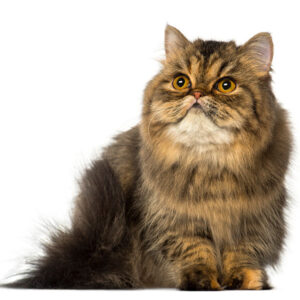
The 19th-century Scottish Golden Retriever is a sociable, intelligent, medium-sized dog with a golden coat.
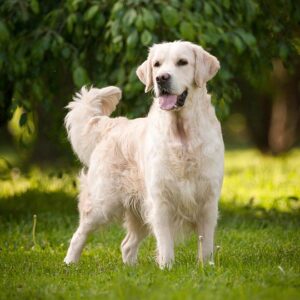
Introducing Golden Retrievers The Hunter with Golden Heart Hunting group The Scottish Golden Retrievers, a breed with its roots in
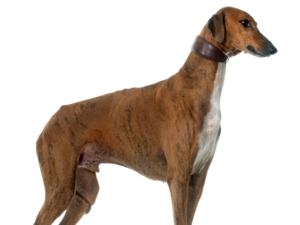
Azawakh Breed Hunter group The Azawakh Breed is a thin and beautiful sighthound breed recognised for its remarkable look and
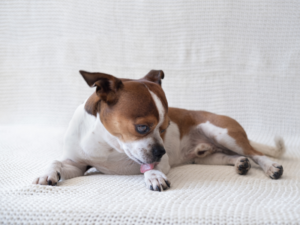
Why Do Dogs Lick Their Paws answer to this problem cloud be their health or behaviour issue. There are several potential

Old Age Disease Diet Lazy Dogs | Problems and Solution Dogs and even the most active people occasionally experience laziness.
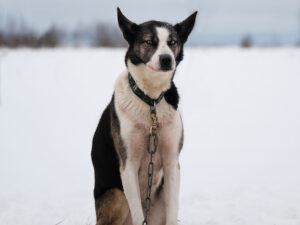
The Alaskan Husky is a strong working dog bred from dogs with similar but different characteristics.
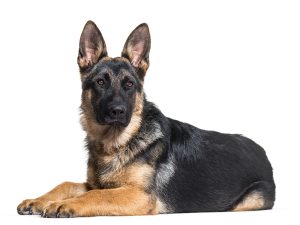
These dogs are smart and can be easily trained because to their cooperative nature.
